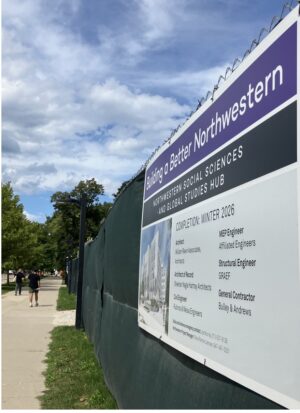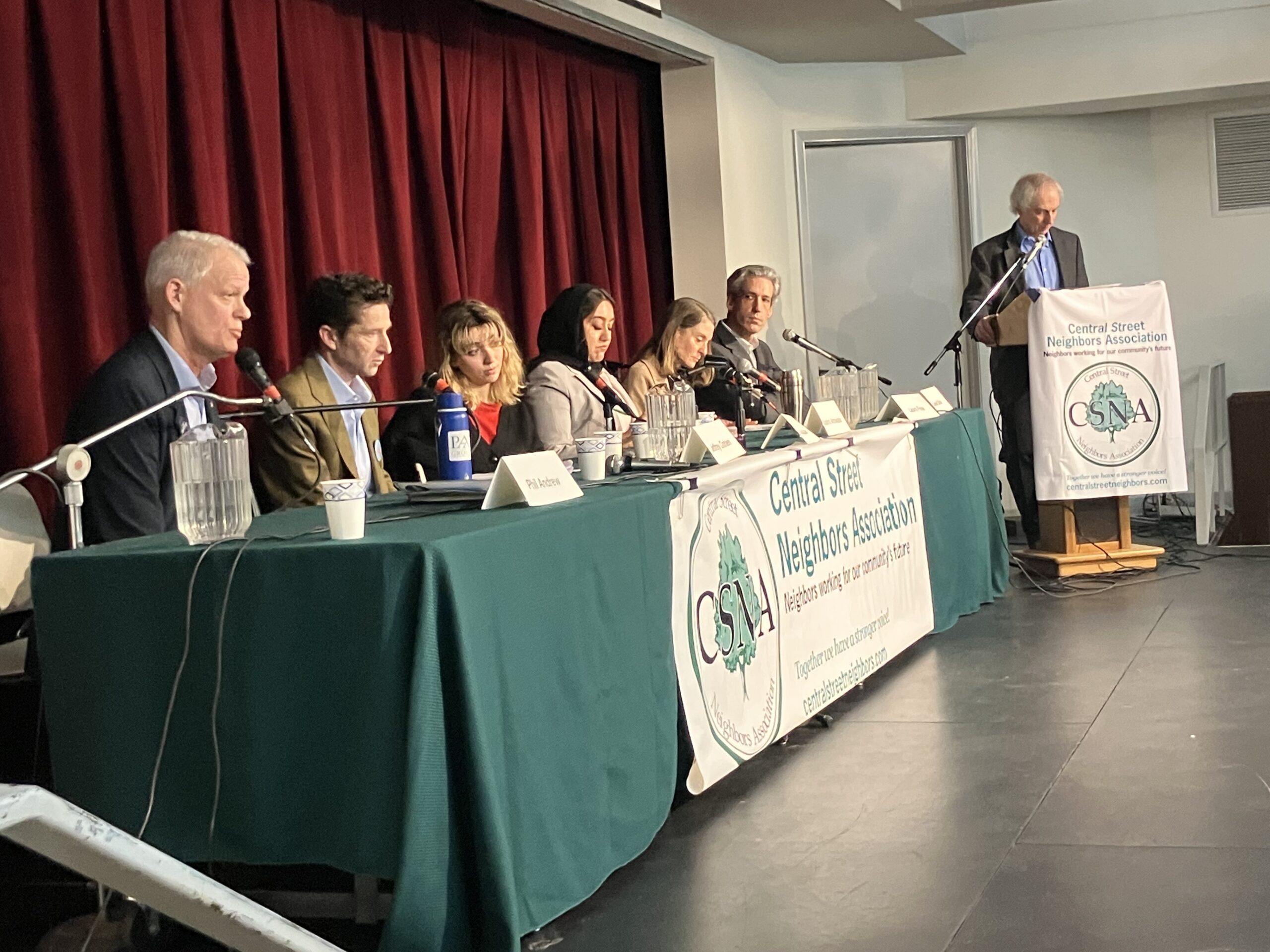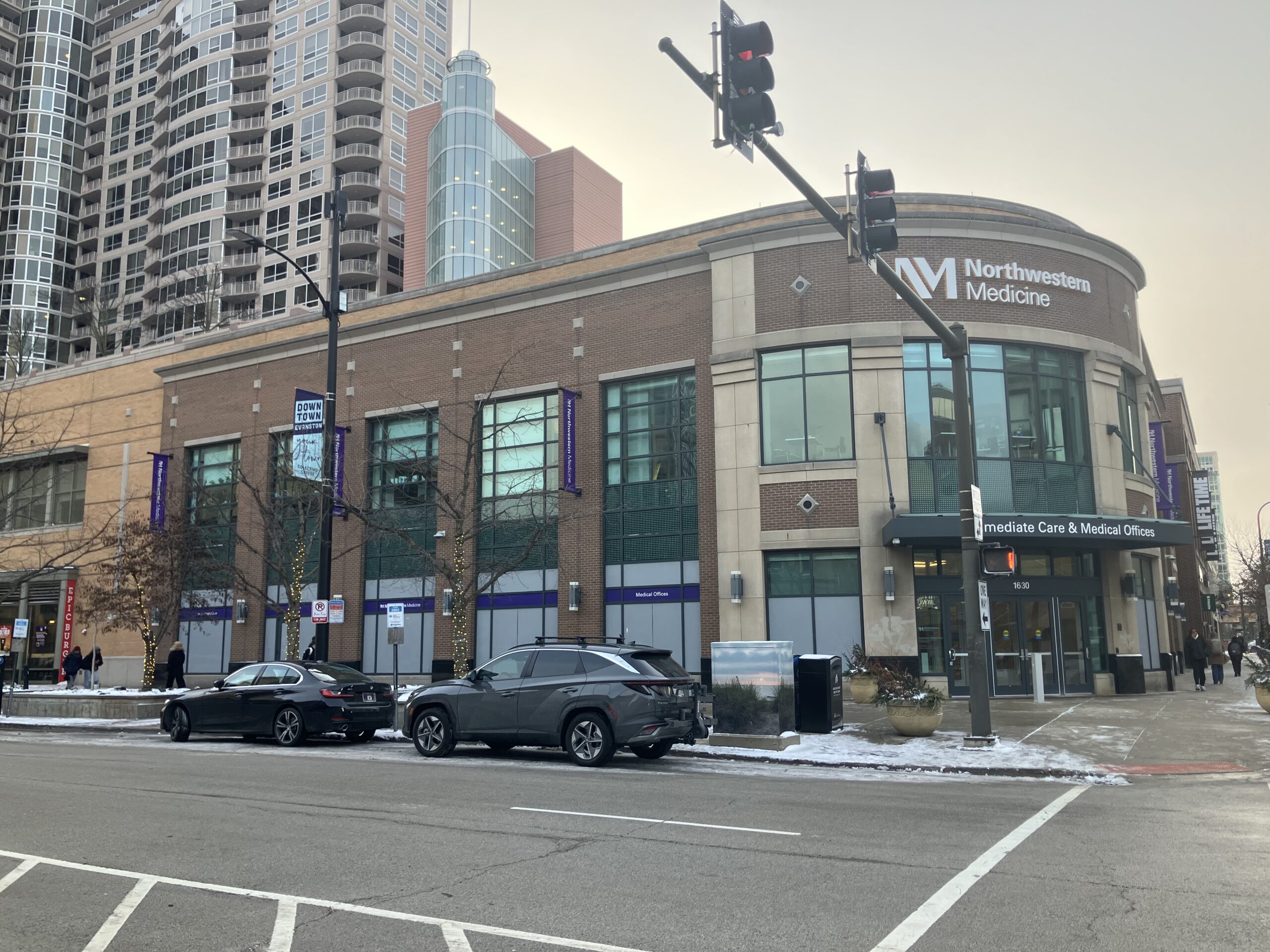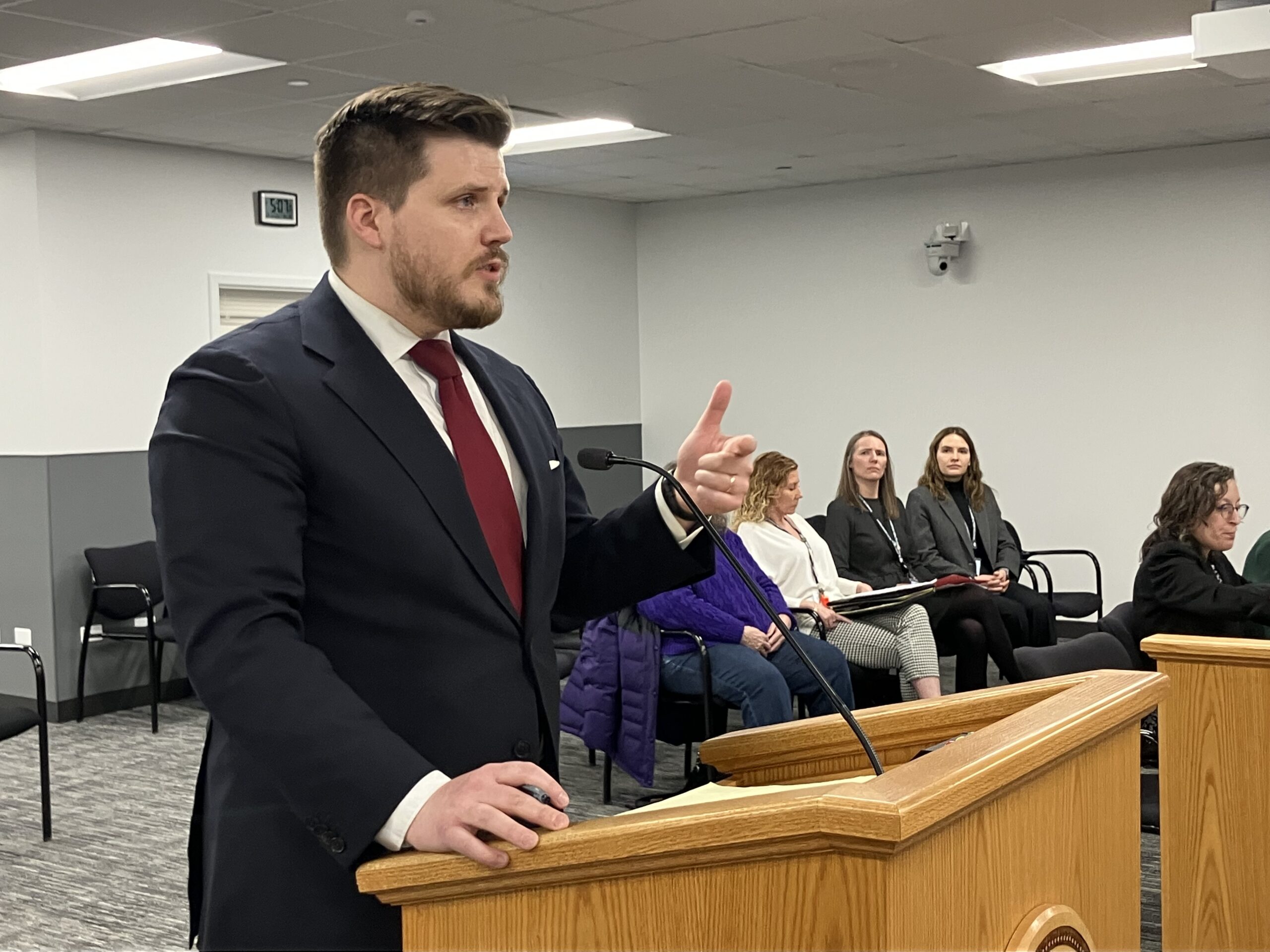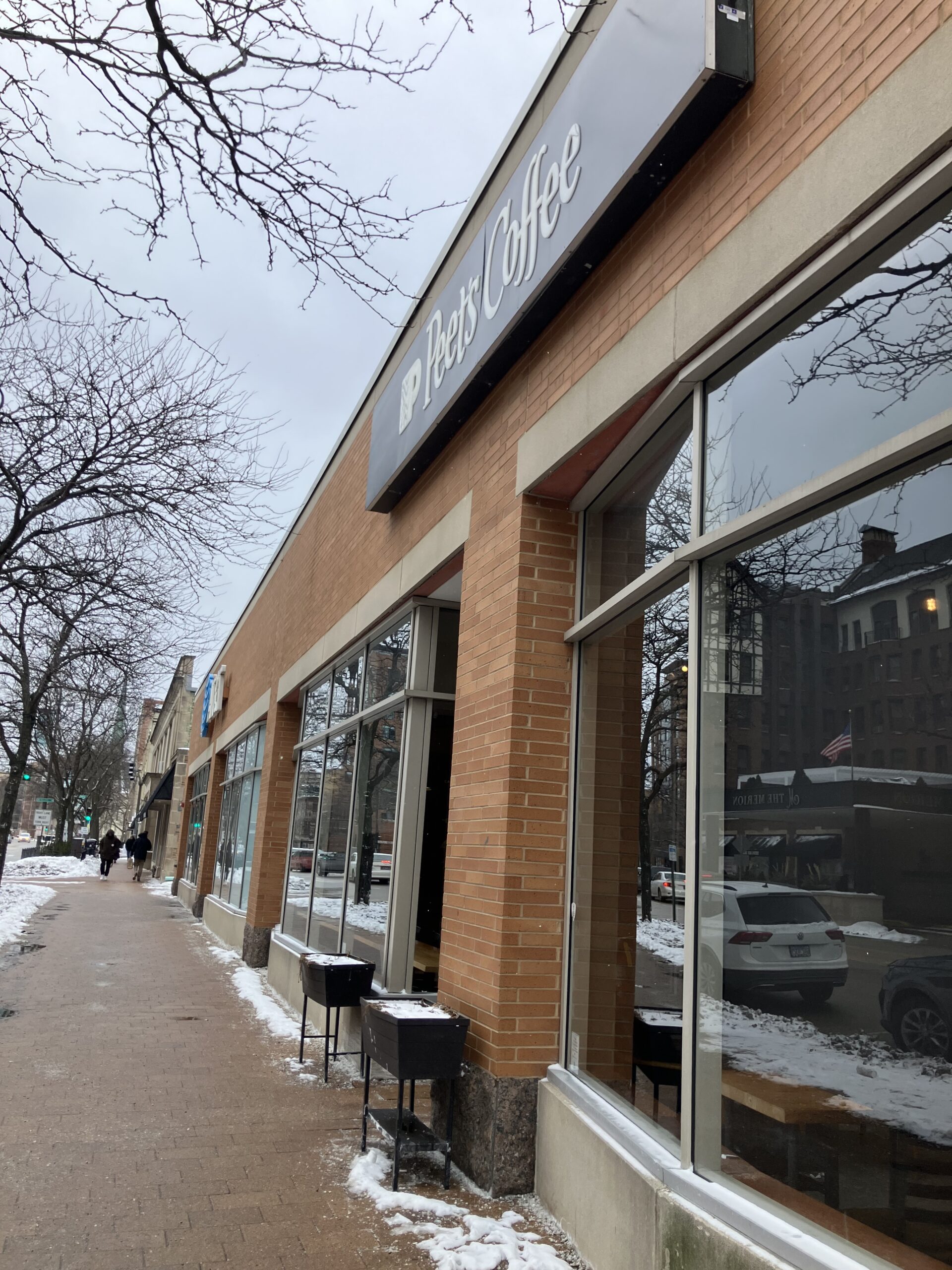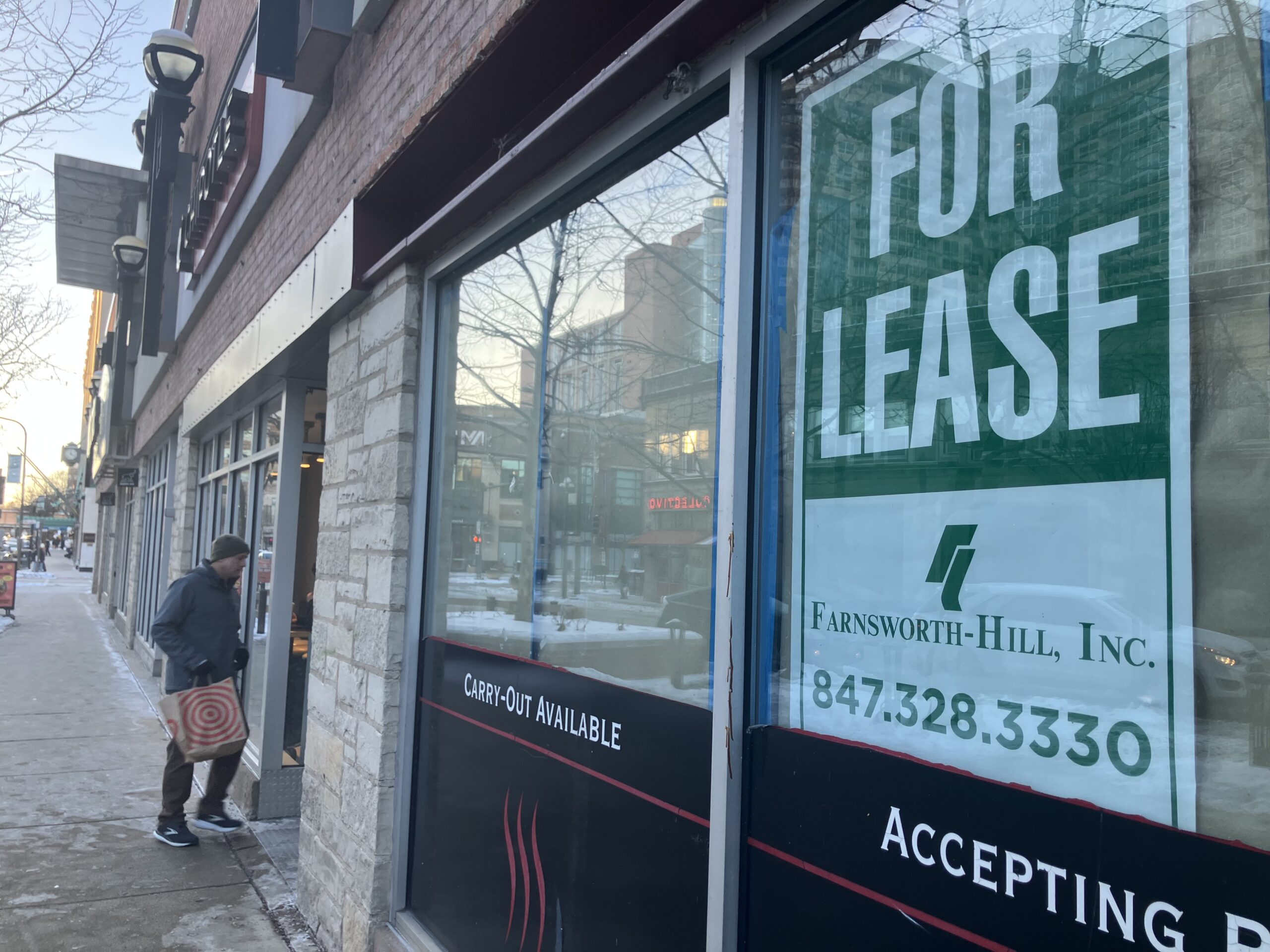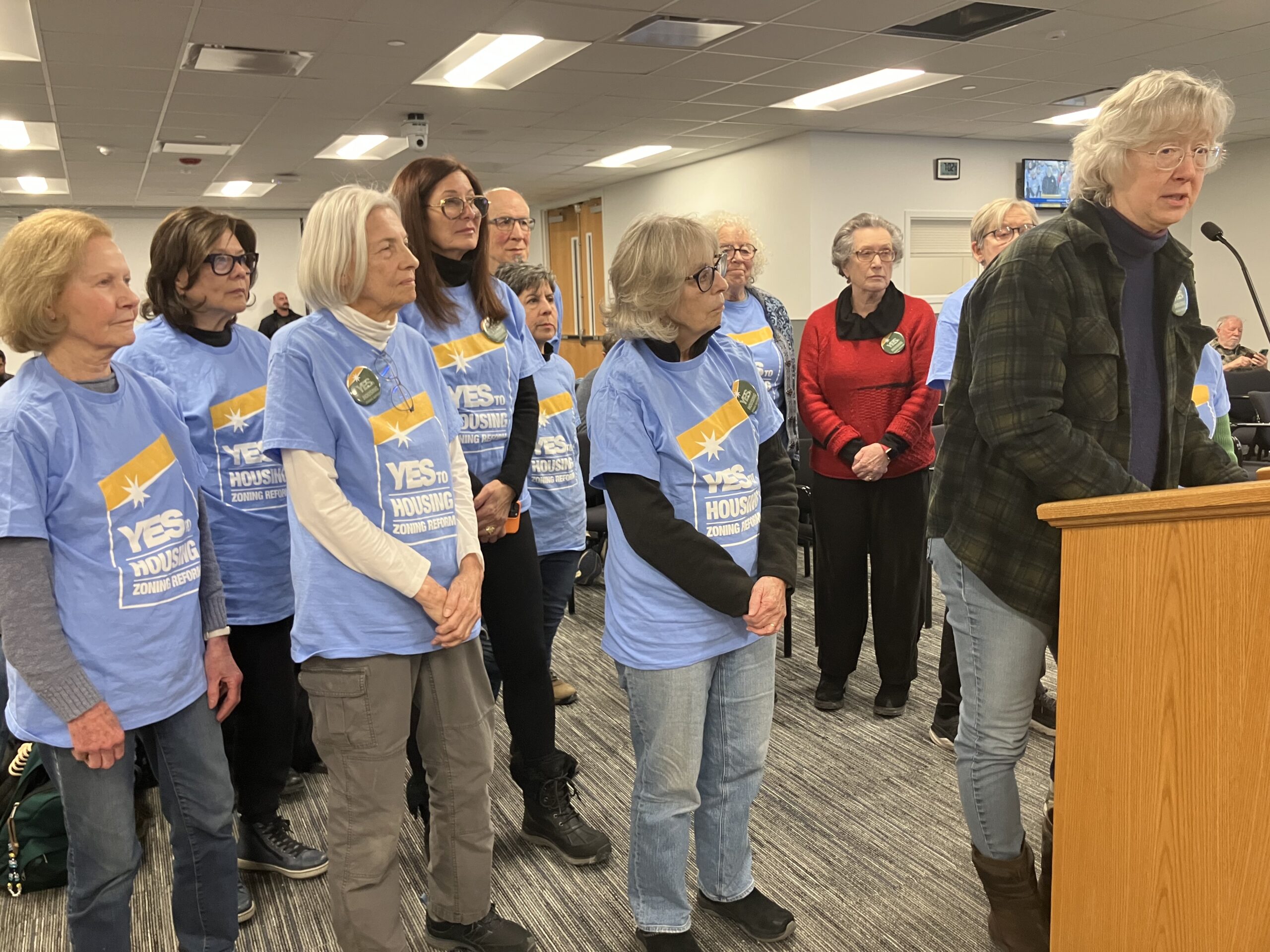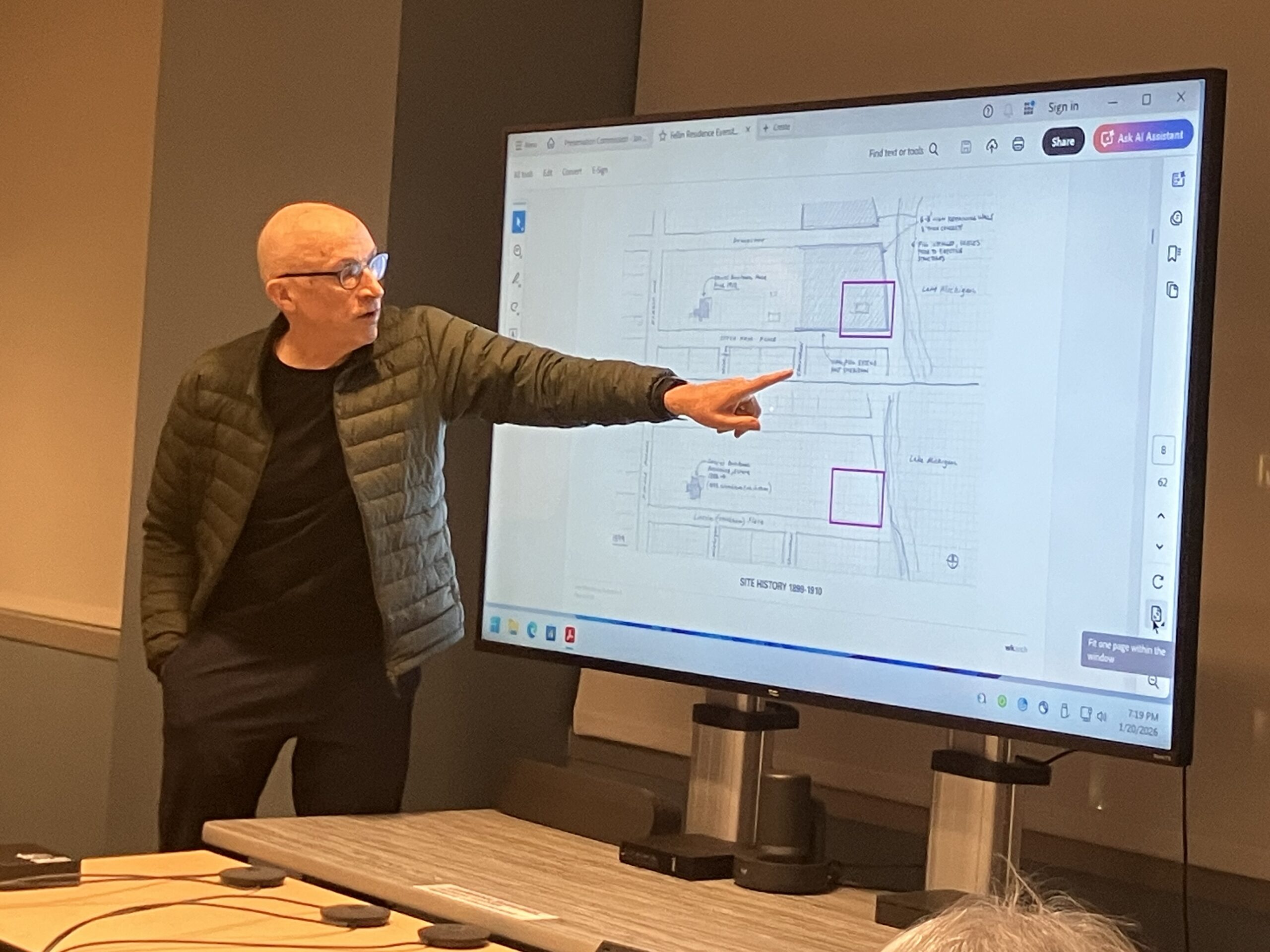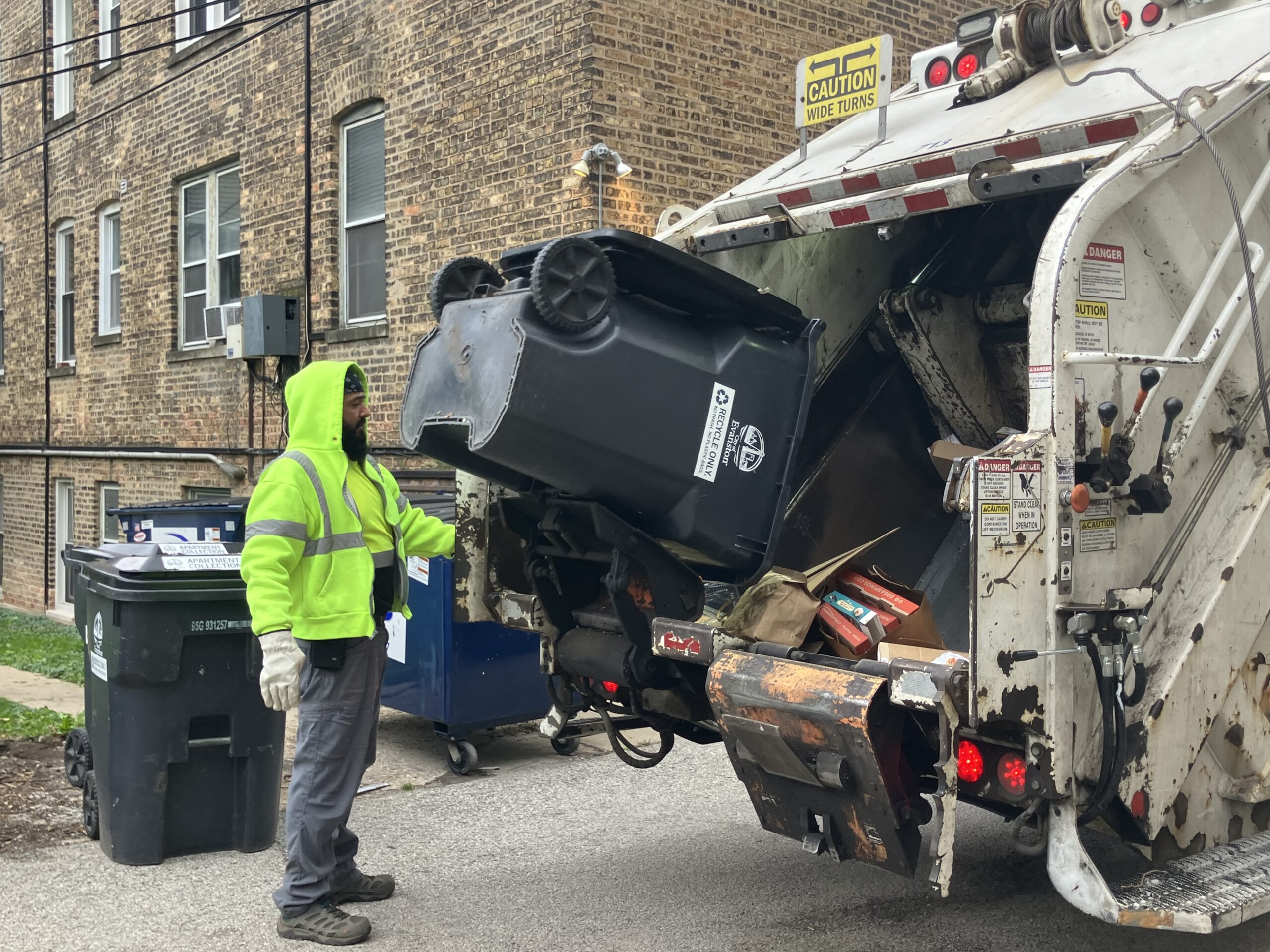He said in a memo that the staff multiyear plan ”aims to ensure user fees more closely align with service costs and leverage the current fund balance within the Solid Waste Fund to cover some initial costs” of initiating the changes such as new carts.
Meanwhile, the city is striving to meet robust climate action goals where waste, particularly food waste, contributes to gas emissions in trips to landfills. In addition, the city faces new contractual rates in an agreement approved with LRS Lakeshore Recycling in July to provide refuse and yard waste services to Evanston’s residential customers.
Some of the changes outlined in Zimmerman’s memo for 2026 include:
• Restructuring food and waste charges effective April 1 next year at $7 per month for the year instead of the current fee of $40.45 for nine months of service ($4.49 per month).
• Introducing a new 35-gallon refuse cart and raising the cost of 65-gallon carts.
• Restructuring special pickups, doing away with free pickups and on-call pickups.
“Staff’s goal for this Solid Waste enterprise fund is to ultimately try to fix our structural deficit,” he said, noting that the fund has been negative since its inception in 2011.
He said officials would also like to keep the Solid Waste Fund balance at 16.6%, in line with the fiscal policy of the city for reserves, equal to about two months’ worth of expenses.
Zimmerman said the high fund balance can be attributed to a number of unforeseen things, including capital projects from the city’s participation as a member of the Solid Waste Agency of Northern Cook County (SWANCC), delayed vehicle purchases due to supply chain issues, as well as about 20% staff vacancies.
Some committee reaction
In discussion, new committee member Candance Chow, noted that Evanston’s current monthly food and waste charge stood “significantly less” in a quick survey she took of comparable communities, where costs ranged from $16 a month to $28 a month.
She also commended staff for looking at ways to give more control to the program’s users, introducing a 35-gallon cart “that’s more relevant for smaller families when you have an increasingly aging population and smaller households.”
Councilmember Tom Suffredin (6th Ward), chairing the committee, cautioned that comparisons with other communities have to take into account the method of collection.
Council and committee member Parielle Davis (7th Ward) asked staff about what emphasis would be placed on resident education about the changes.
“It seems to me, especially [as] our trash system becomes a little more complicated, we should be providing educational materials and also advice to people on how to do simple things. It’s nice to have a separate trash can for recyclables and also for food and waste. But when do you separate that trash if you’re used to having one trash can in your kitchen?”
Councilmember and committee member Matt Rodgers (8th Ward) asked how unscheduled pickups would work, particularly whether condominium owners would be charged and whether as an entire building or per unit.
“Condominiums kind of get lost in a lot of things around the city of Evanston,” he observed. “We look at homeowners, we look at apartment buildings and condominiums are kind of in that weird area in between.”
‘Incremental’ rather than KAPOW
Councilmember Jonathan Nieuwsma (4th Ward) noted that the city could hold off on approving the proposed increases “while we draw down on the reserves until they get to the target level [the 16.6%] But at that point, then it’s [the rate hike] it’s going to be a pretty significant increase.”
The city’s proposed budget released earlier in the month calls for a property tax increase of approximately 13.5% to address a deficit, the first of that kind in five years.
“I’m getting feedback that Fourth Ward residents would prefer smaller, incremental increases year over year rather than every once in a while be hit with KAPOW, a really big increase,” he said.
Kelly raised questions about some categories counted toward fund balance reserves, such as delayed truck purchases.
“Let’s be clear,” she said, “we have nonspendable, restricted, assigned, unassigned, required fund balance and then excess. Excess is not assigned funds. This is money that we’ve either overbudgeted in terms of expenses or underbudgeted in terms of revenue.”
Following accepted accounting practices, purchases, such as the trucks, don’t get recognized as an expense until they are delivered, responded Clayton Black, the city’s deputy chief financial officer.
In an email to officials about the issue after the Oct. 13 meeting, Kelly noted that between last year’s midyear report and this year’s, the excess reserve balance in the Solid Waste Fund had increased by $835,000.
“Given trends of the performance over the last 12 months, this excess reserve balance is likely to grow further by year end. It is difficult to justify a rate increase for residents when we are projected to end the year with over $3 million in excess reserves, which is close to half of the total annual budget for the fund [above the established reserve amount].
At Tuesday’s meeting, Councilmember Suffredin, as chair, suggested Kelly summarize her concerns in a memo which, after being formalized by staff, would then go to council members in their consideration of the issue.

